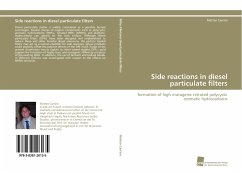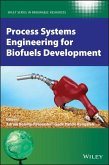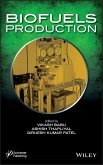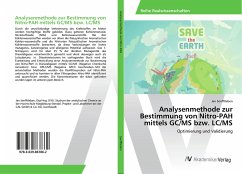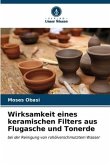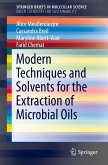Diesel particulate matter is widely considered as a possible human carcinogen. Several classes of organic components such as polycyclic aromatic hydrocarbons (PAHs), nitrated PAHs (NPAHs) and aliphatic hydrocarbons can adsorb on the soot surface. Although diesel particulate filters (DPFs) have been designed and implemented to reduce these and other harmful diesel emissions, the particle loaded filters may act as a rection chamber for side reactions whose products could possibly offset the positive effects of the DPF itself. Scope of the present dissertation was to explain to which extent modern DPFs could support the formation of highly toxic and mutagenic NPAHs by nitration of pre-existing PAHs. In addition, the use of biofuels and biofuel blends in different vehicles was investigated with respect to the effects on NPAHs emission.
Bitte wählen Sie Ihr Anliegen aus.
Rechnungen
Retourenschein anfordern
Bestellstatus
Storno

